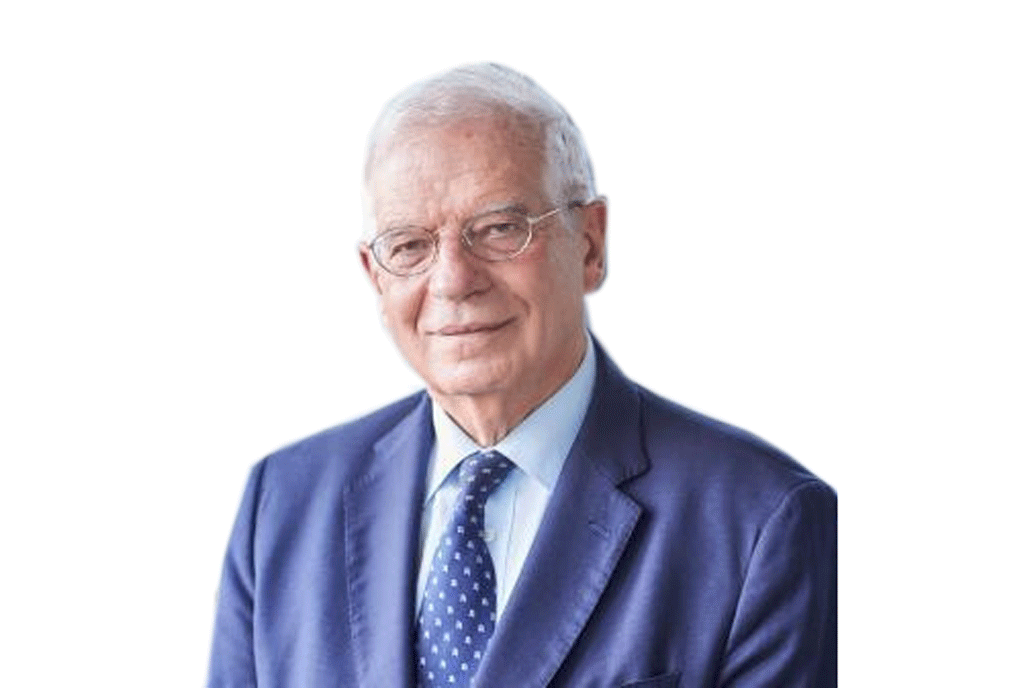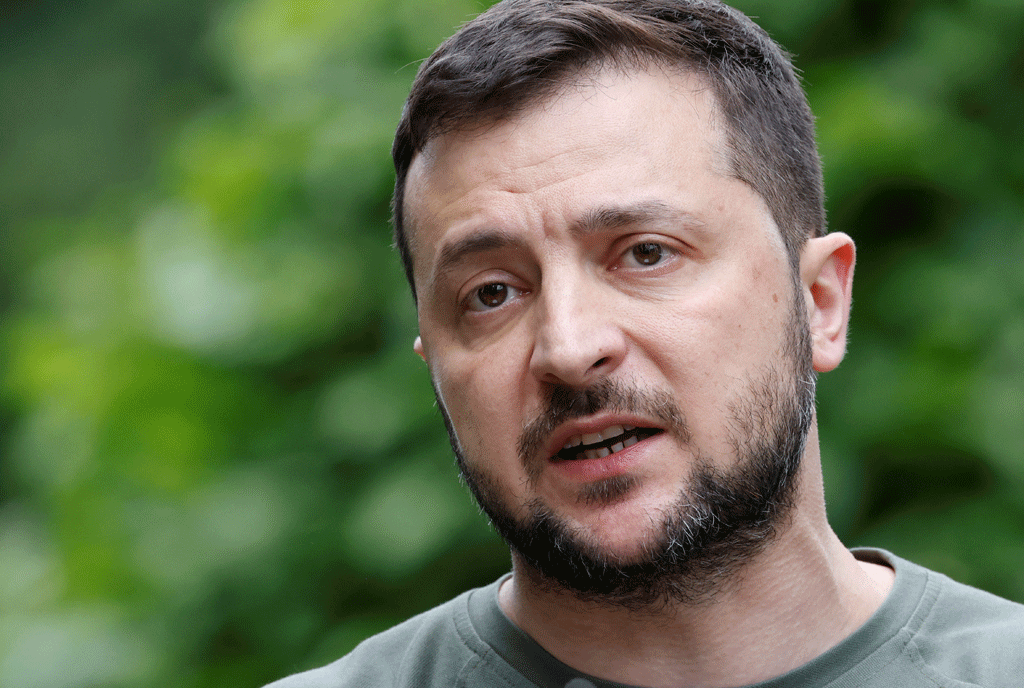Europe is Africa’s partner for building our joint future

Author: Josep Borrell. PHOTO/COURTESY
What you need to know:
Africa and Europe should continue to prepare for the future instead of falling back into the past
Relations
I am traveling this week to Africa, a vibrant continent that is preparing its future: pushing ahead with digital transformation, making farming more efficient and sustainable, building new infrastructure to reinforce connections between people, shaping the collective security of the continent, and investing in Africa’s greatest resource: its youth.
On all of this, we propose Europe to be Africa’s partner of choice. European investment in Africa is over five times more than that of China. A quarter of African trade is with the EU; it is only 15 percent with China and 2 percent with Russia and 90 percent of African exports enter the EU duty-free.
The EU works with African partners on building the continent’s first manufacturing sites for vaccines and we approved at the AU-EU summit a Global Gateway €150 billion investment package. With the European Peace Facility and our training missions, we help strengthen peace and security. However, the world’s future is clouded by the devastating consequences of Russia’s war against Ukraine on food security, energy prices, debt, and security issues. This war is affecting everyone, but Africa is one of its main collateral victims. While we know that some African countries look at this war from a different perspective than we do, I think we can agree on four fundamental points.
First: Europe, Africa – and the entire world - cannot accept a world of ‘might makes rights’, where big powers can claim ‘spheres of influence’ and attack neighbours to annex their territory. The Russian aggression against Ukraine is a perfect example of the 19th century type of cruel imperialism that Africa experienced. Precisely because Europeans are aware of their responsibilities in that era, the EU intends to stand against renewed imperialism. We must uphold and reinvigorate the multilateral order, to defend the rule of law as we decided jointly at the recent EU-Africa Summit. That is one particular reason why the EU supports the call of President Sall for a G20 seat for the African Union.
Second: We must act to ease the current food crisis. With over 70 partners, many in Africa, the EU is delivering along four strands of action: solidarity with those who cannot afford food; support for food production; facilitating agricultural trade including by getting Ukrainian grain to Africa; and aligning our food security response in the multilateral system with the UN at its core. Others try to distract from their responsibility by blaming sanctions. However, the facts are clear. EU sanctions do not prohibit African countries from importing and transporting Russian agricultural goods, or from paying for them. The Russian war is the problem, not sanctions.
Third: We need to step up our joint work to preserve Africa’s security and safety. In that area, the EU is Africa’s most reliable partner, supporting African peace efforts in 11 missions across the continent.Last April, we supported the African Union with a further €600 million to improve conflict prevention, crisis management and counter-terrorism. This week, I will be in Mozambique and Somalia. In Mozambique, the EU supports the armed forces so they can restore security in the Cabo Delgado province, and our assistance measures via the European Peace Facility now amounts to €89 million. We are also finalising programmes to support the SADC and Rwandan contingents. Similarly, Somalia can count on our missions to counter piracy and train the Somali armed forces. With a total of €2.3 billion, the EU has also been a reliable supporter of the AU Mission to Somalia, for more than 10 years.
With 78 security personnel, Russia contributes very little to UN peacekeeping operations in Africa compared to the 6000 coming from EU countries. On the contrary, Russia contributes to the deterioration of the security situation in Africa with several hundred mercenaries from private military companies such as Wagner or Patriot. This presence only aggravates crises and multiplies the violations of human rights, as we see in Mali and the Central African Republic.
Fourth: Africa and Europe should continue to prepare for the future instead of falling back into the past. While some try to divide us by resuscitating old patterns, this ignores the long way we have come together during the last decades. Colonialism is an indelible stain on the conscience of Europe, but dealing with our responsibility for the past has made us better partners for the future. Europe is looking at Africa with fresh eyes: with optimism and confidence. That is why we want to deepen our partnership, always giving top priority to “African solutions for African problems”. As we in Europe are working to reinforce the EU’s strategic autonomy, we are supporting Africa to do the same.
Mr Josep Borrell, vice-president of the European Commission.





